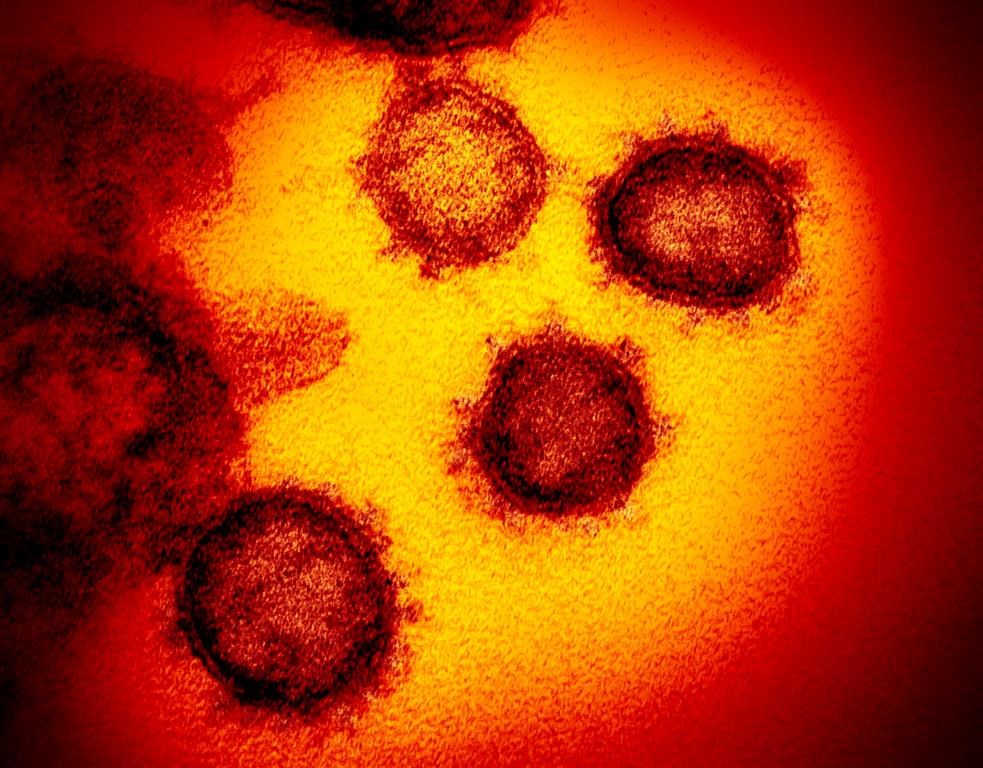COVID-19 continues to spread in Saskatchewan after 12 new cases were reported on Sunday, bringing the province’s total to 433.

Of the new cases, four are in the far north, four are in the north and four are in Saskatoon. Health officials say there are still pending test results in La Loche — where there is an outbreak of novel coronavirus — but those numbers have not been included in Sunday’s update.
Case breakdown:
- 161 cases in Saskatoon
- 89 cases in northern Saskatchewan
- 81 cases in the far north
- 76 cases in Regina
- 15 cases from the south
- 11 cases in central Saskatchewan
Saskatchewan is reporting three more recoveries, bringing the provincial total to 305.
There are 122 active cases in the province.

Get weekly health news
Health officials say 138 cases are travel-related with another 176 being linked to community contacts or mass gatherings. There are 40 cases with no known exposure and 79 cases remain under investigation.
COVID-19 hospitalizations hit a new high in Saskatchewan on Sunday, with 14 people in hospital, including 11 people receiving inpatient care. The other three are in the ICU. Five of the people in hospital are in the north and the other nine are in Saskatoon.
Six Saskatchewan residents with COVID-19 have died. The province’s fatality rate for COVID-19 is 1.4 per cent.
To date, the province has performed 31,572 COVID-19 tests.
Questions about COVID-19? Here are some things you need to know:
Health officials caution against all international travel. Returning travellers are legally obligated to self-isolate for 14 days, beginning March 26, in case they develop symptoms and to prevent spreading the virus to others. Some provinces and territories have also implemented additional recommendations or enforcement measures to ensure those returning to the area self-isolate.
Symptoms can include fever, cough and difficulty breathing — very similar to a cold or flu. Some people can develop a more severe illness. People most at risk of this include older adults and people with severe chronic medical conditions like heart, lung or kidney disease. If you develop symptoms, contact public health authorities.
To prevent the virus from spreading, experts recommend frequent handwashing and coughing into your sleeve. They also recommend minimizing contact with others, staying home as much as possible and maintaining a distance of two metres from other people if you go out.
For full COVID-19 coverage from Global News, click here.









Comments
Want to discuss? Please read our Commenting Policy first.